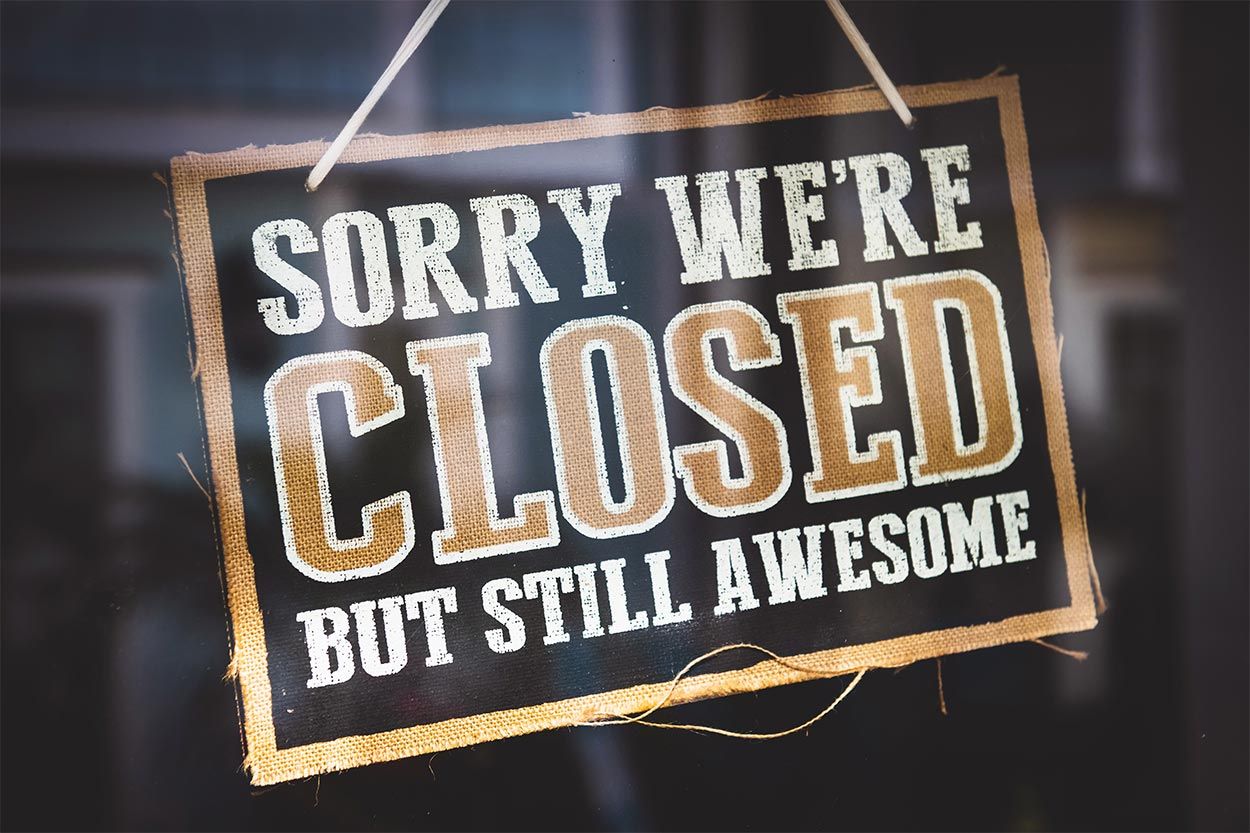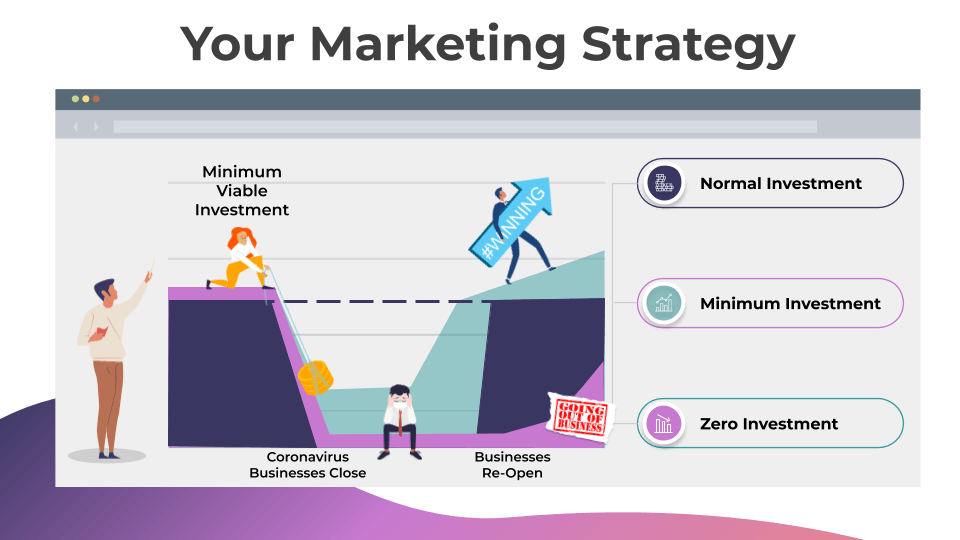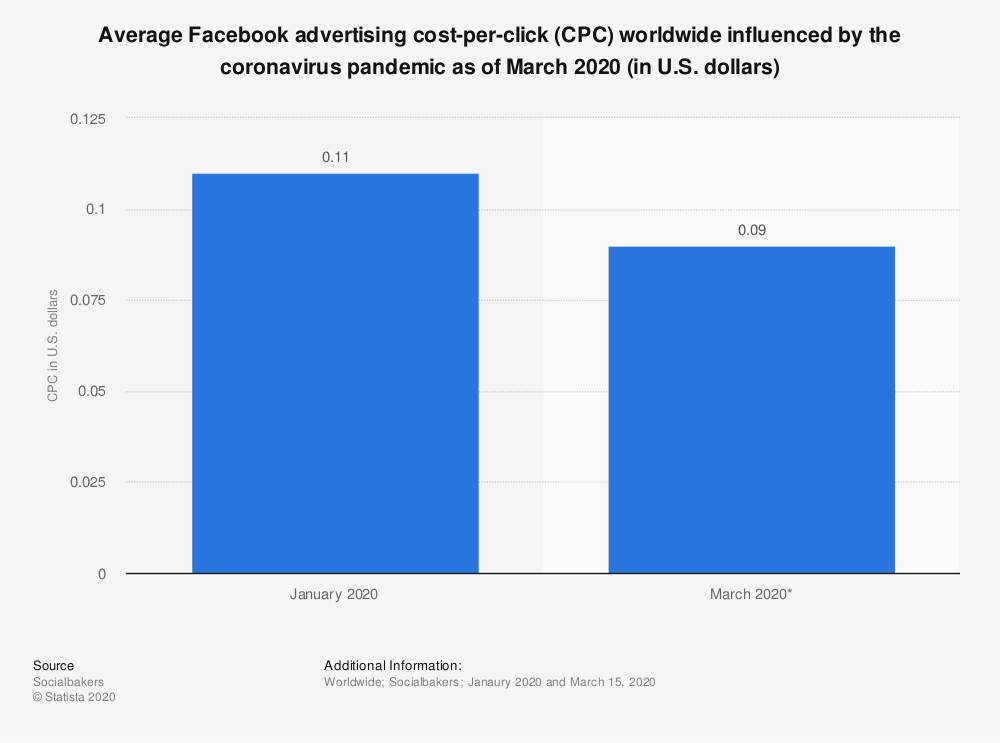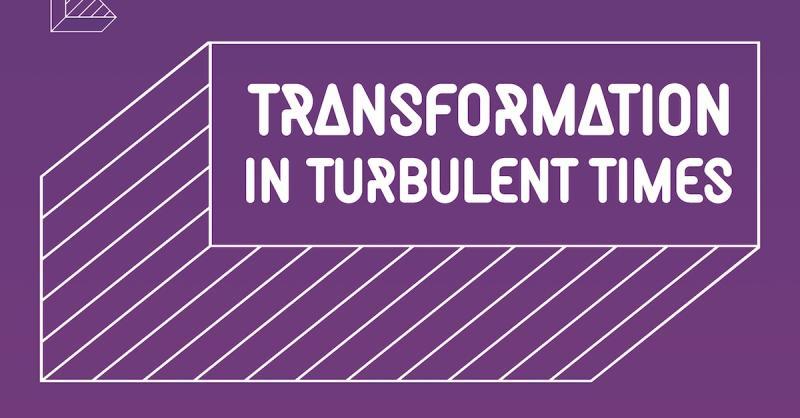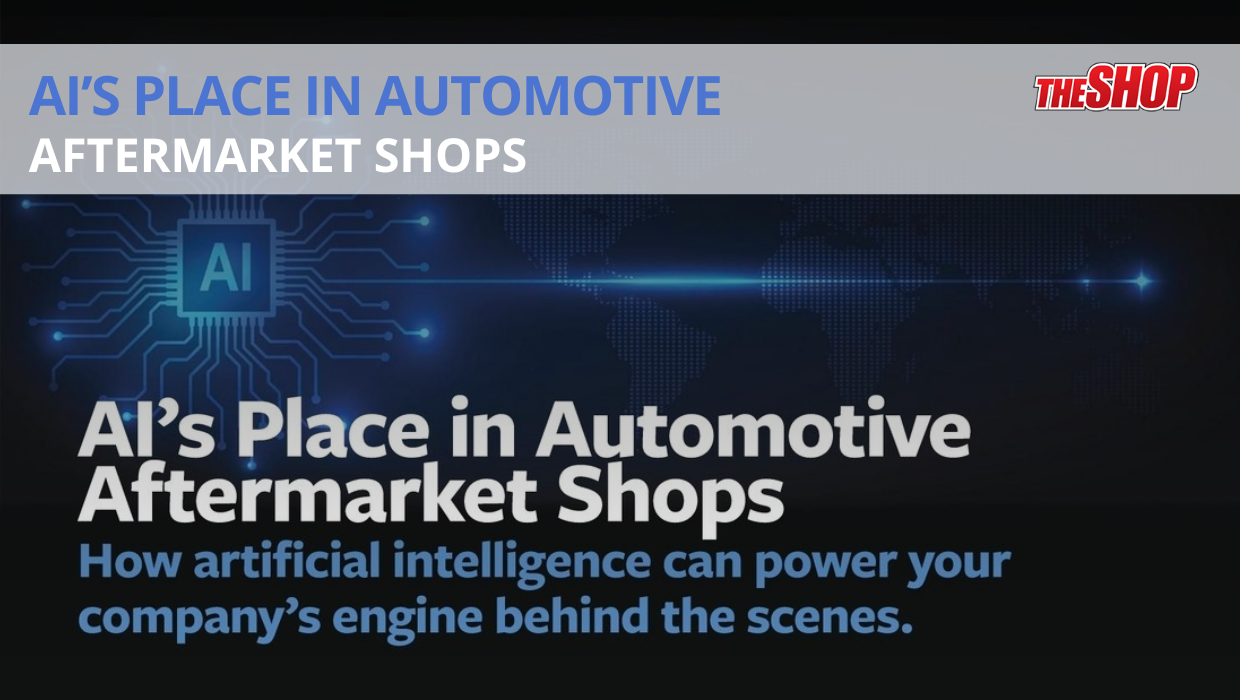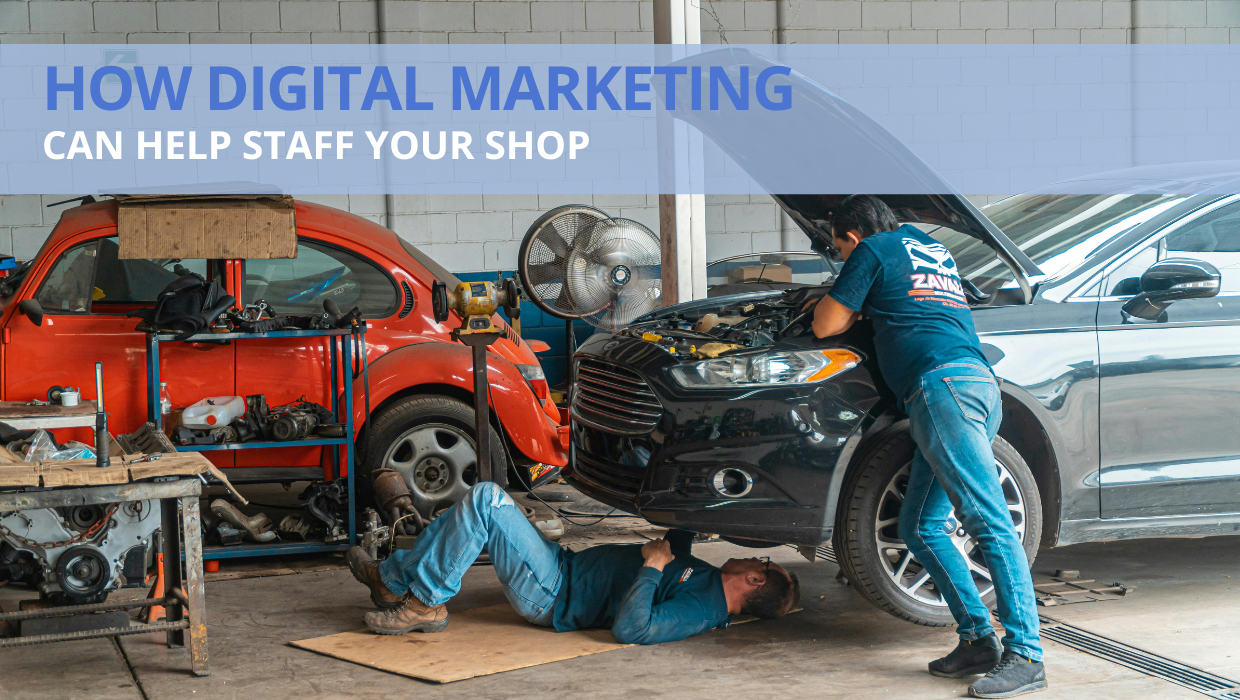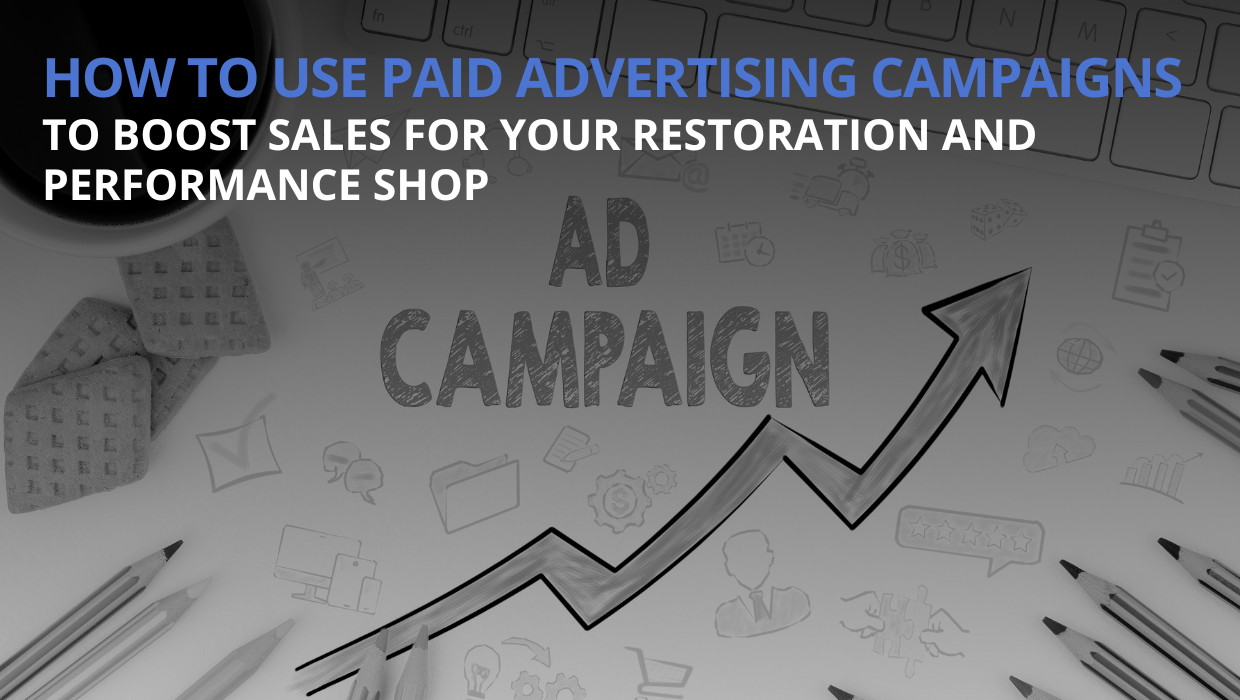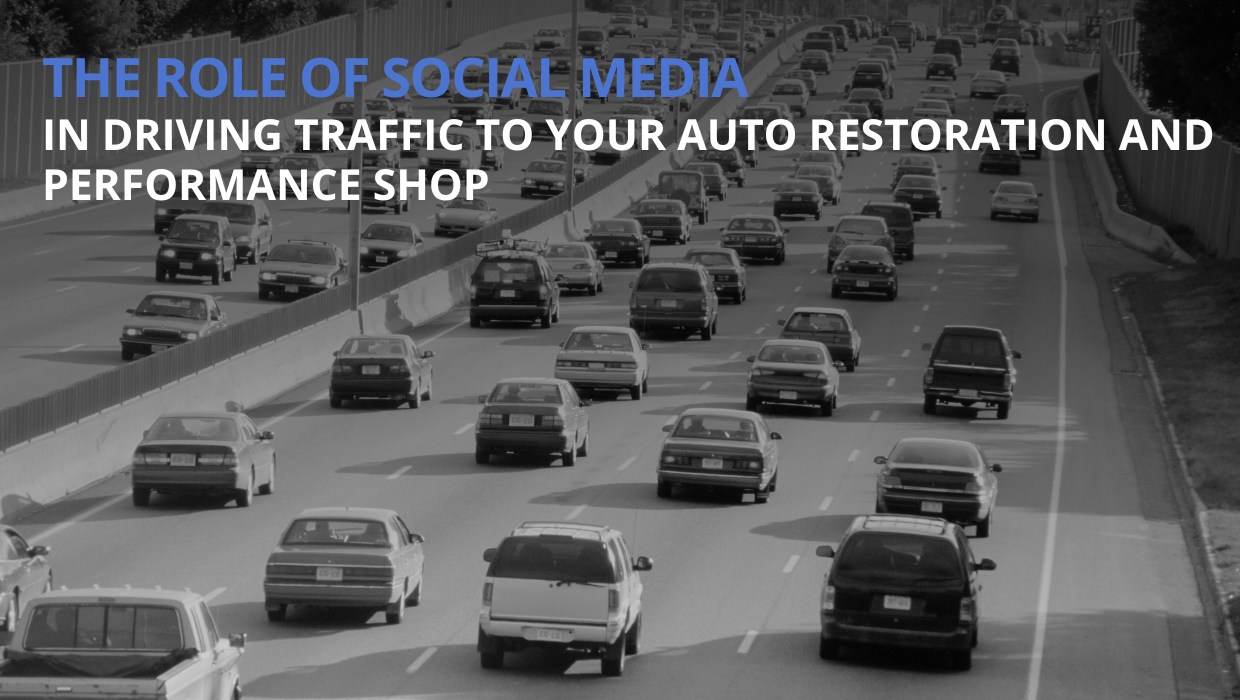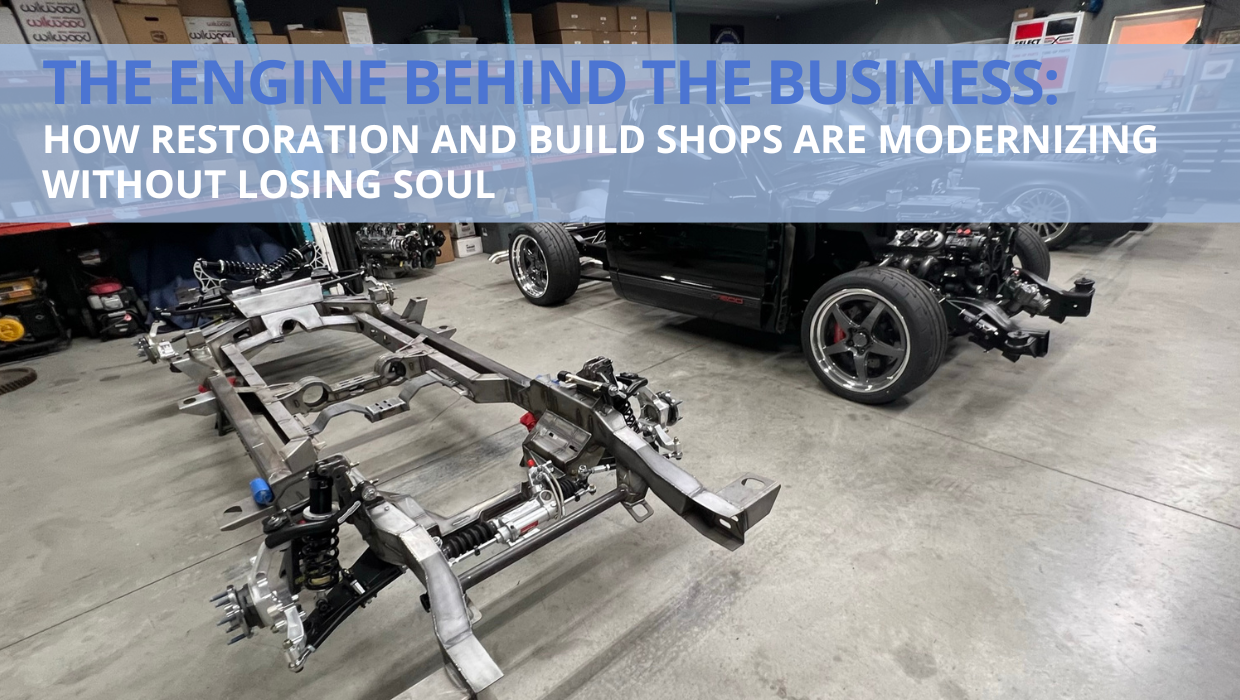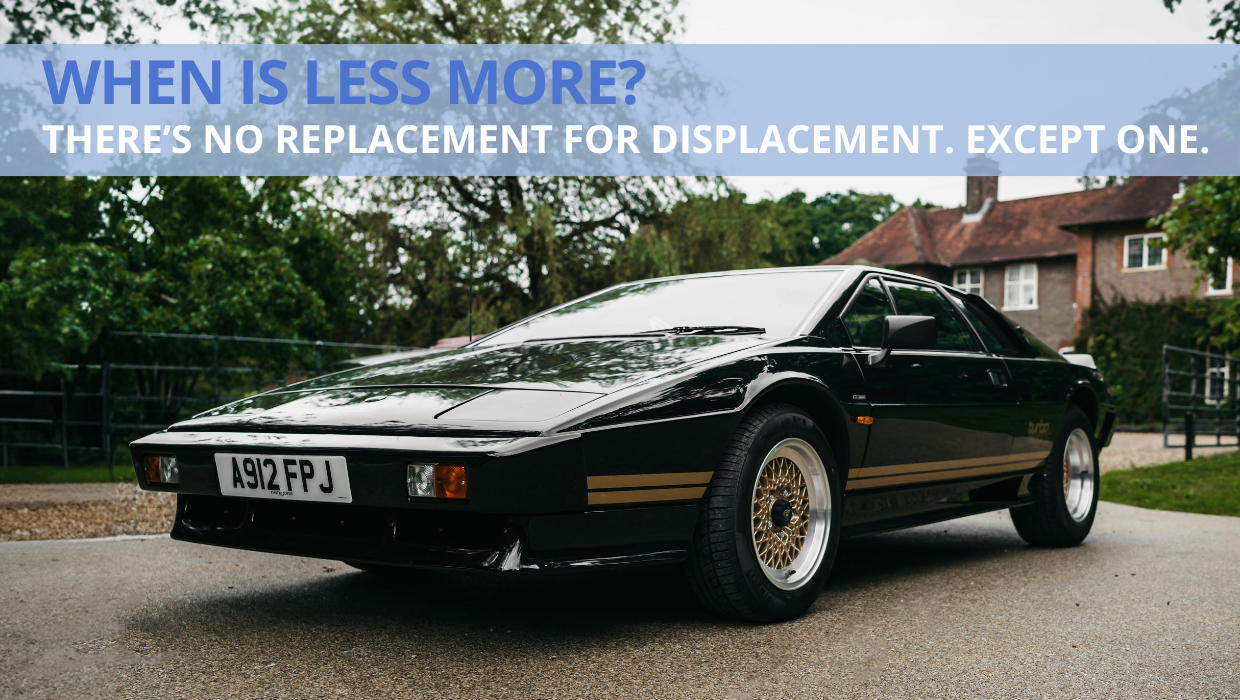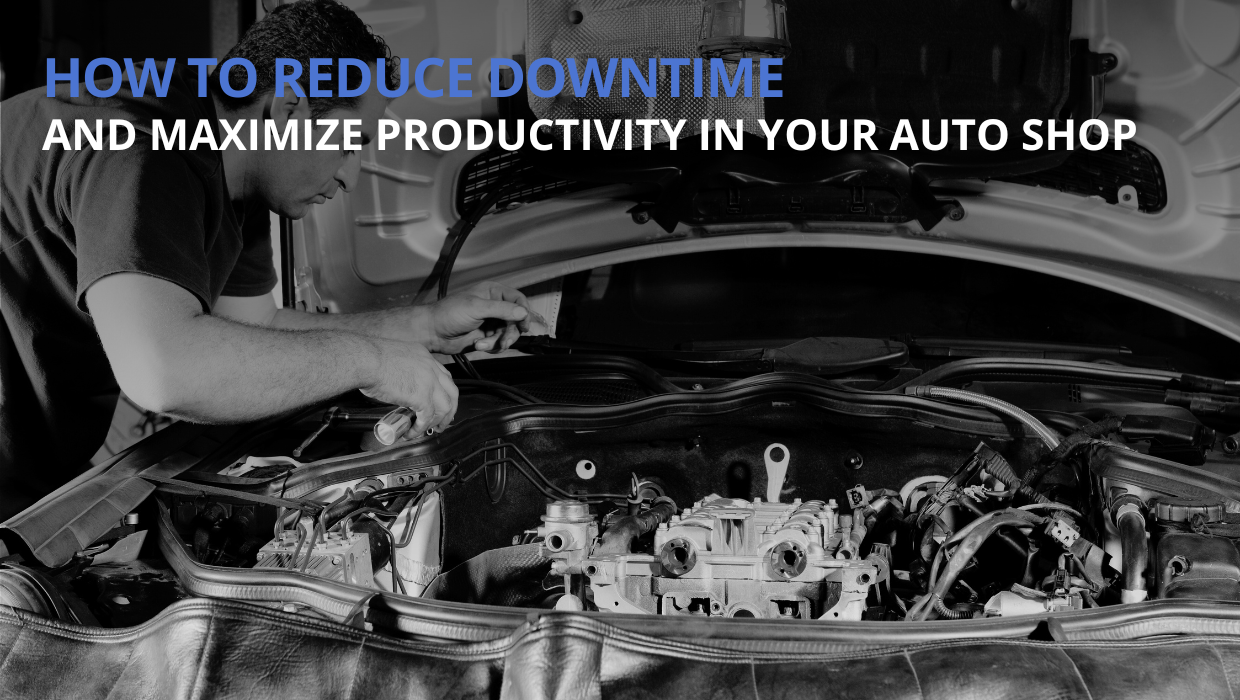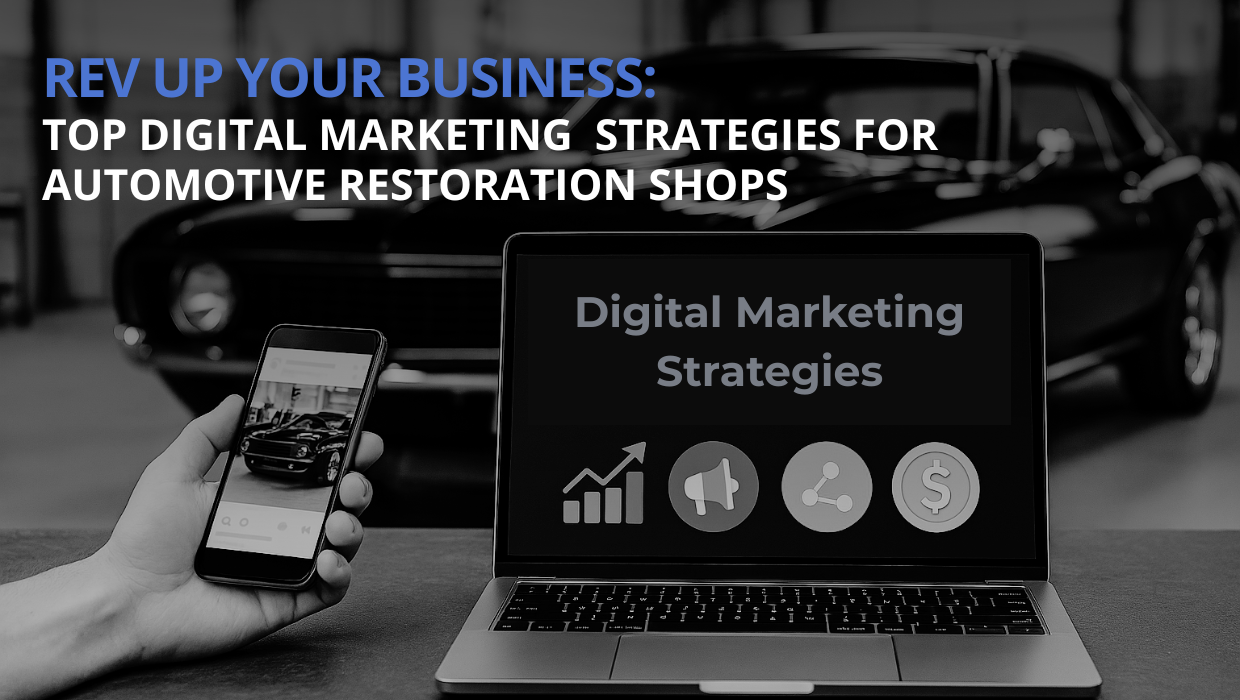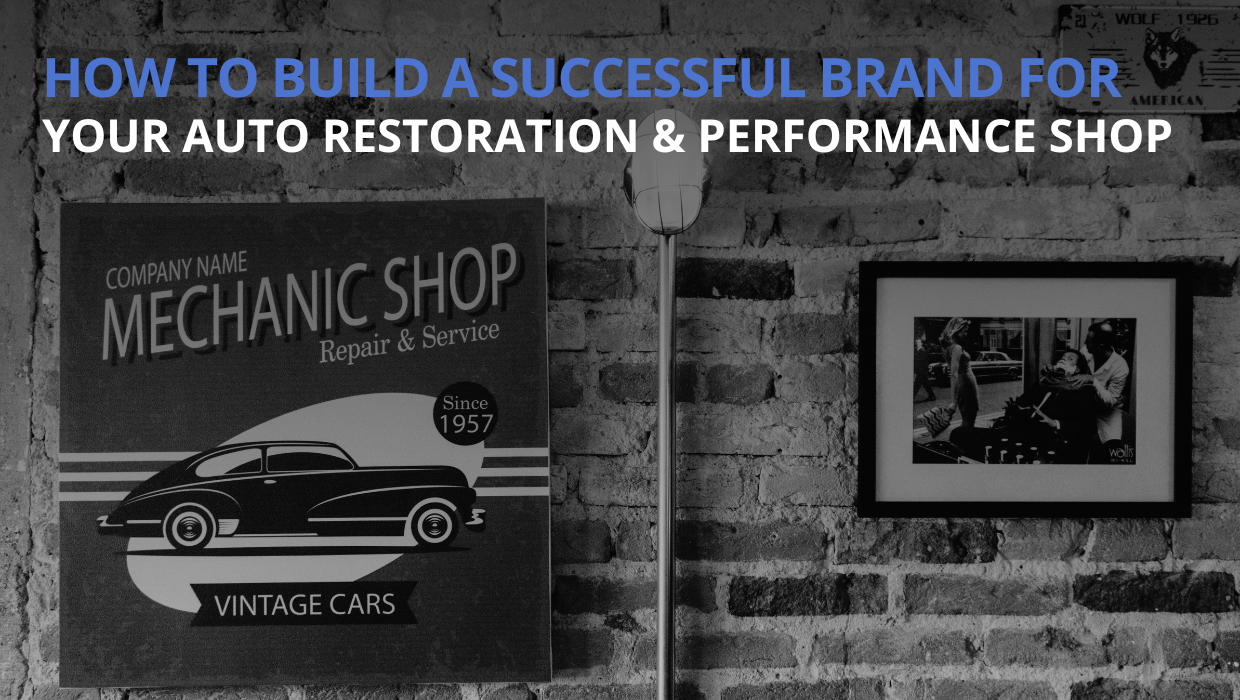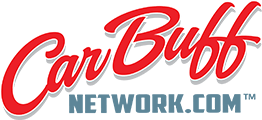Photo by Tim Mossholder on Unsplash
Motorhead Articles
Get Your Marketing in Gear
Should I Market My Business In A Downturn?
Keep your marketing going (at some level) to stay strong
As an online strategist with my digital agency Motorhead Digital, I’ve already weathered out 2 recessions - and come out fighting every time. Helping our clients navigate through the uncertain times ahead, I’ve heard the same question popping up time and time again over the last few weeks: should I market my business in a downturn?
The short answer? Yes. And I have the perfect real-life example to show you the difference between shutting up shop and thriving in the future.
Going back to the 1920s (yes, really but stick with me), Post Cereal quit their marketing and advertising efforts during the Great Depression. Kellogg’s doubled their ad budget. That effort set Kellogg’s to become the king of cereals for generations to come.
During this COVID-19 driven economic crisis, you need to ask yourself, will your business be like Post or Kellogg’s?
Over the years one thing that’s always amazed us is the fact that during every downturn in our country's history the first thing that companies big and small do is cut their marketing and sales staff and cut back or stop their marketing and advertising spend.
We’ve spent some time digging into this and have learned that pulling back is OK, but entirely stopping your marketing and advertising activities is almost always the wrong thing to do.
How Kellogg’s Crushed Post
We really never understood this as it just makes no sense. No matter what’s happening in the world there will always be companies and consumers that have money and the desire to purchase your products and services. If you pull back and go dark then you’ll be forgotten and it will be even harder to get your momentum back.
Here’s an example of how Kelloggs won the cereal wars of the Great Depression as noted in this 2009 piece in the New Yorker magazine.
In the late nineteen-twenties, two companies—Kellogg and Post—dominated the market for packaged cereal. It was still a relatively new market: ready-to-eat cereal had been around for decades, but Americans didn’t see it as a real alternative to oatmeal or cream of wheat until the twenties. So, when the Depression hit, no one knew what would happen to consumer demand. Post did the predictable thing: it reined in expenses and cut back on advertising. But Kellogg doubled it’s ad budget, moved aggressively into radio advertising, and heavily pushed its new cereal, Rice Krispies. (Snap, Crackle, and Pop first appeared in the thirties.) By 1933, even as the economy cratered, Kellogg’s profits had risen almost thirty per cent and it had become what it remains today: the industry’s dominant player.
You may be asking yourself what does the marketing of cereal in the 30’s have to do with advertising my business today in 2020? All we can say is: EVERYTHING! In the same article, the author noted that:
In 1927, the economist Roland Vaile found that firms that kept ad spending stable or increased it during the recession of 1921-22 saw their sales hold up significantly better than those which didn’t. A study of advertising during the 1981-82 recession found that sales at firms that increased advertising or held steady grew precipitously in the next three years.
Four important things to consider
Here are four things to consider from this September 2019 Forbes article when thinking about cutting back on advertising during this crisis.
- The “noise level” in a brand’s product category can drop when competitors cut back on their ad spend. It also allows for advertisers to reposition a brand or introduce a new product.
- Brands can project to consumers the image of corporate stability during challenging times.
- The cost of advertising drops during recessions. The lower rates create a “buyer’s market” for brands.
- When marketers cut back on their ad spending, the brand loses its “share of mind” with consumers, with the potential of losing current – and possibly future – sales. An increase in “share of voice” typically leads to an increase in “share of market.” An increase in market share results, with an increase in profits.
The bottom line is that if you pull back and go dark, there’s a good chance that the market will leave you in the dust - and it will take longer to recover even after this is over.
More businesses fail on the other side of a downturn
In lean times the key question is to think about WHAT your marketing strategy is going to be going forward. Will you keep things the same, pull back entirely or keep things going with a minimum viable investment so you can come out strong on the other side?
Statistics show that businesses that stop their marketing entirely have a higher chance of failure on the other side of a crisis than those that keep things going at some level. You can use Kellogg’s as noted above as a shining example of what happens when you keep your marketing going.
When you keep at it, your business has a much higher chance of coming out the other side stronger.
What this graphic represents is that at a high level, marketing takes time to work. Getting leads and clients is the result of an investment made weeks ago.
- NORMAL (Before COVID) INVESTMENT: This represents business marketing and advertising investment in normal times. If COVID-19 did not happen this box would continue and no downturn would exist. It’s recommended that you try to stay at this level if you can and have the financial reserves to do so.
- MINIMUM INVESTMENT: This represents business marketing and advertising investment that has been pulled back to the minimum viable investment, but has not stopped. If you keep something going you have a much better chance of coming out the other side strong and not losing momentum.
- ZERO INVESTMENT: This is when businesses pull back on their marketing and advertising completely. Think Post as mentioned above. It’ll take much longer to get back in the game and you may have to work even harder and invest more to get that momentum back, increase visibility and build awareness - if it’s not already too late.
So if we go "back to business" in a month or two, and you haven't marketed your business in two months, then while you might be "open," you’ll have another two or three month lag before you start to really fill your pipeline again.
*Some information provided by one of our amazing business mentors Brent Weaver owner of Ugurus.com
In some cases advertising is on sale!
In some cases (like Google Ads and Facebook Ads.) online advertising is on sale - making it the perfect time to market your business via Google Ads, Facebook or Instagram.
In mid-March 2020, companies had to pay on average 9 U.S. cents for a click on a Facebook ad, while at the beginning of the year this cost amounted to 11 U.S. cents. In general Facebook advertising has become cheaper with the recent spike in usage of the platform influenced by COVID-19.
The 4 Takeaways
Follow these four principles to succeed during these unprecedented times:
- Protect the current business and clientele you currently have
- Pivot if you need to re-adjust your offering. Offer other microservices you might not normally offer
- Be persistent and never stop building awareness about your company
- Don’t back down and don’t give up - you can come out of this stronger
Bonus
Like you, I’m a small business owner, trying to make sense of everything too. Here’s one thing I do know - we’ll all get through this together.
So in the spirit of collaboration, we worked with some of our colleagues from around the world to share our own expert insights into how to overcome the challenges we’re facing right now.
We created this free eBook for you here: Transformation in Turbulent Times - inside you’ll get actionable advice from business leaders around the world to help you transform your business and ensure your future success.
Learn more about how you can:
- Cleanup, expand and organize your business’ digital footprint
- Get in front of your clients and prospects on mobile
- Create value by offering helpful content and support
- Ya know that new thing you’ve been wanting to launch? Now you have time to focus, get it out there
- If you can move sales and support online even if it’s a percentage of your offering, do it now
- Focus on what you can control
- Look for helpers and help out the best you can
- Get clear on your messaging
- Get your brand consistent across all of your social media and marketing channels
I hope you enjoy it, and if you’d like to talk about your options right now, get in touch.
~ Inspiration for this article provided by our good friend Wendy Miles over at The Shop Magazine.
~ Content development support provided by Abby Wood from The Content Lab.
~ Moral support and review provided by Pam Haskell from Chili Pepper Design.
Barry Alt is the founder and owner of Motorhead Digital, feel free to reach out to me at balt@motorheaddigital.com if you or your customers need help or have any questions.

